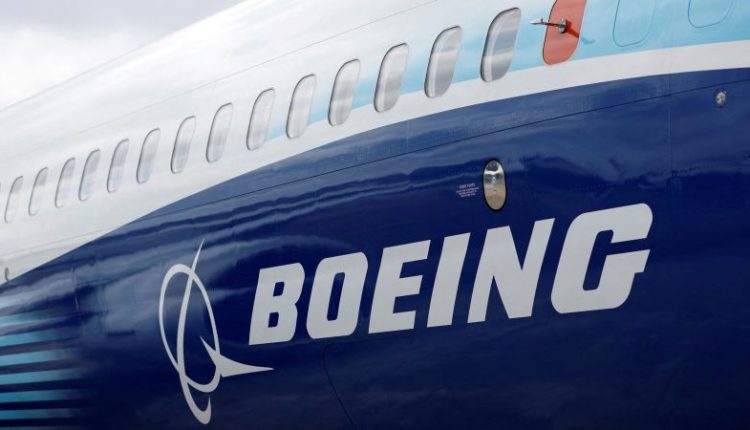Boeing factory workers felt pressured to prioritize production speed over quality and said they did not receive enough training to properly perform their jobs, according to the results of a special investigation by the Federal Aviation Administration (FAA) published Wednesday.
The never-before-disclosed results of a six-week-long FAA special audit are likely to pile more pressure on a company already facing a slew of problems, including questions about the safety of its planes and an ongoing strike by 33,000 union workers, its first in 16 years.
In January, a door plug blew off a 737 Max operated by Alaska Airlines shortly after takeoff. Although no one was killed or seriously injured, the incident has sparked numerous federal investigations, one of which revealed the plane had left a Boeing factory without the four bolts needed to hold the door plug in place.
Wednesday’s report was made public by the Senate Permanent Subcommittee on Investigations, which is due to hold a hearing expected to feature testimony by FAA Administrator Mike Whitaker.
The “findings reveal the extent of troubling production problems, including Boeing’s struggle to adequately train and equip manufacturing personnel, thoroughly document and control nonconforming parts, and conduct adequate quality inspections,” said the report, which was released to the subcommittee’s members as a memo.
Boeing said it is working to make improvements to its production to prioritize safety and quality.
“We’ve taken important steps to foster a safety culture that empowers and encourages all employees to share their voice, but it will require continuous focus,” the company said in a statement.
Whitaker previously testified in June that the FAA took a “too-hands-off” approach to regulating the aviation giant. The new report doesn’t spare the FAA, highlighting its own role in Boeing’s failures.
“These findings demonstrate an ongoing and persistent struggle by the FAA to ensure that Boeing is maintaining the highest safety standards across its manufacturing facilities,” it added. “The newly released information raises questions about the effectiveness of the FAA’s oversight of the company.”
The FAA in a statement Wednesday defended its oversight of Boeing.
“The FAA will continue our aggressive oversight to hold Boeing accountable and ensure the company fixes its systemic production-quality issues,” the FAA said. “Administrator Mike Whitaker has made it clear ‘this won’t be back to business as usual for Boeing.’”
The report documented instances of safety lapses and shortcuts routinely taken by Boeing employees. One of the more egregious examples, according to the audit, was a Boeing mechanic who used an improvised measuring device to check gaps between components.
“This tool is mechanic made, unauthorized, uncalibrated, unmarked, not inventoried or stored,” the report said. “The mechanic has admitted to using this tool for at least three years. When asked how other door mechanics take this measurement, he stated they all do the same.”
The report also highlights an “absence of process control for scrap articles,” an issue raised by a whistleblower in a CNN report earlier this year.
During testimony in front of the House Aviation Subcommittee on Tuesday, Whitaker said the FAA has flooded Boeing’s Renton, Washington 737 plant with its own inspectors, tasking them with individually blessing each new plane that rolls off the factory floor.
But lawmakers have been critical of the FAA’s approach. Democratic Connecticut Senator Richard Blumenthal in prepared testimony wrote that the Federal Aviation Administration “must be proactive and aggressive in oversight, not reactive.
Whitaker told members of the House that Boeing has made strides in tackling unresolved jobs that “travel” on new airplanes as they move down the production line. But there is still much work to be done on fixing Boeing’s safety culture, he said.
“I think the safety culture change is going to be a long-term project,” Whitaker said. “I think it’s going to take years of delivering that safety message and the employees actually seeing that safety is more important than production before that culture to change.”
Read the full article here

